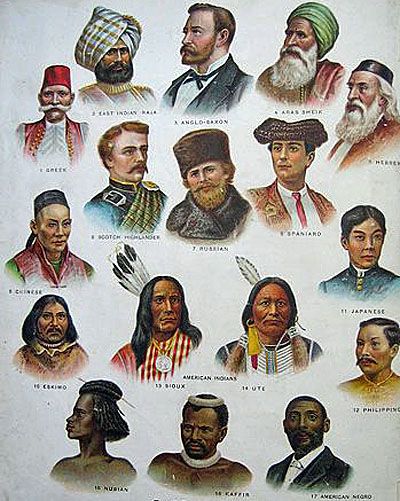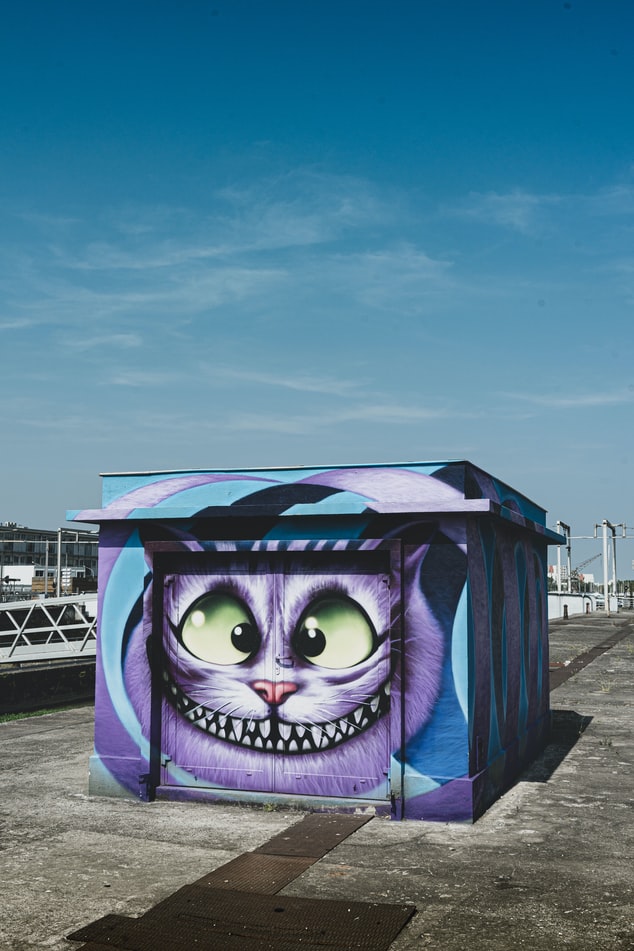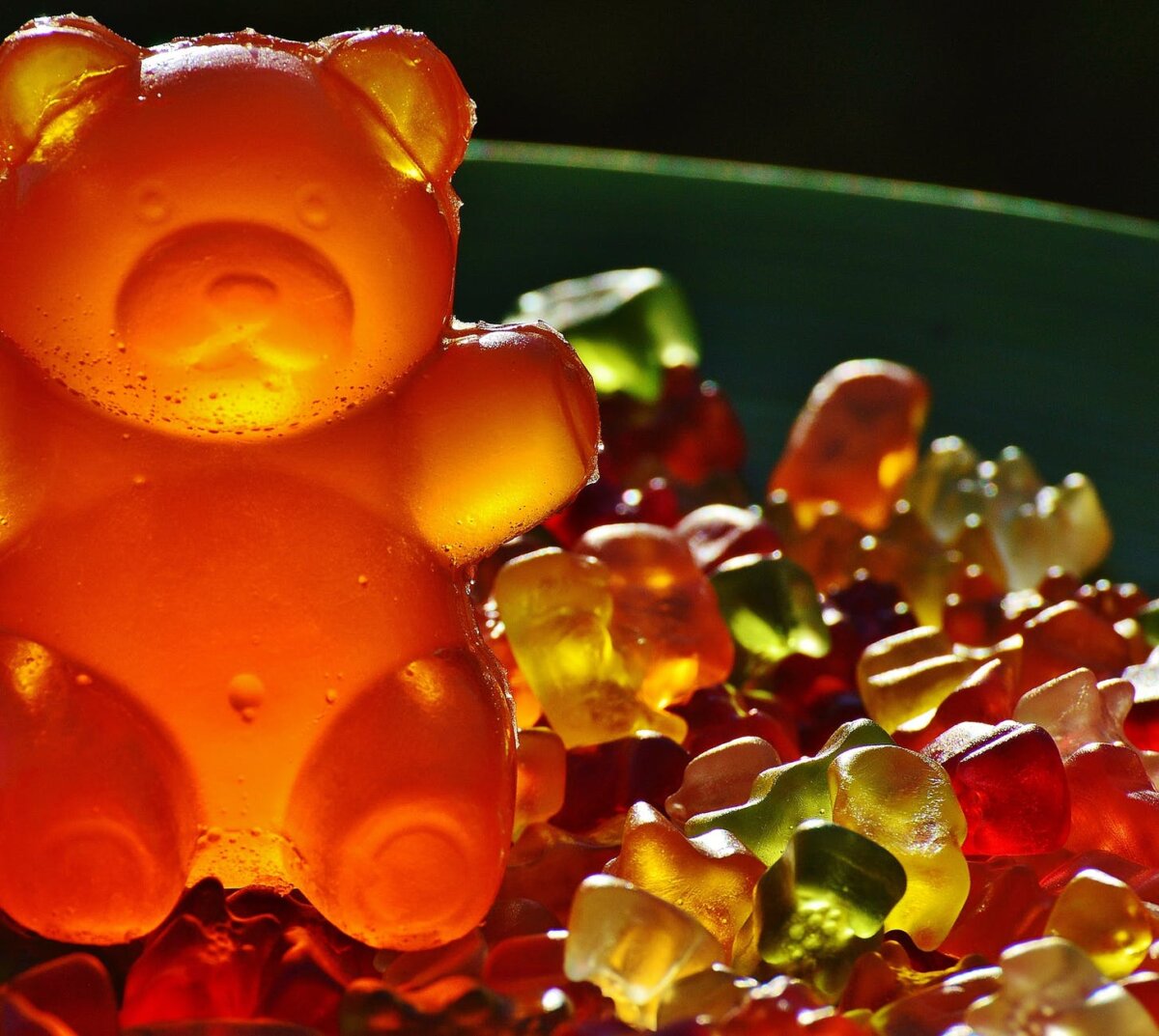Автор: Виктор Кабакчи
Описание иноязычной культуры неизбежно связано с необходимостью прибегать к элементам перевода с той разницей, что автор создаёт оригинальный текст. Этот вид переводческой деятельности мы называем «внутренним переводом». Это относится и к англоязычному описанию русской культуры, Russian-Culture-Oriented English (RCOE).
Использованию английского языка в приложении к русской культуре, включая и внутренний перевод, посвящены мои многие теоретические и практические работы. Однако, как показывает мой многолетний опыт преподавания, введение в текст русизмов, неотъемлемая часть RCOE, наталкивается на психологический барьер. Обычно это связано с тем, что тексты англоязычного описания русской культуры, созданные носителями языка, не входят в программу обучения английскому языку. Глядя с недоверием на русизмы, которые в «цивилизованном» англоязычном тексте похожи на гвозди в подошве обуви, студенты, да и преподаватели, недоумевают: «Разве так бывает?» Именно поэтому мы сочли полезным дать эту подборку текстов из книги: Anya von Bremzen Mastering the Art of Soviet Cooking (Black Swan, 2014). Как говорится, лучше один раз увидеть, чем сто раз услышать.
Автор книги, ‘Anya’, урождённая Анна Сергеевна Фрумкина, 1963 г.р., дитя смешанного русско-еврейского брака. В возрасте 10 лет, в 1974 году, её мать (в книге Mom) выехала с ней в США. Первая кулинарная книга (cookbook) Ани, Please to the Table, была опубликована в 1990 и описывала еду народов бывшего Советского Союза. За этой публикацией последовали другие, посвященные той же теме. Так Anya стала «the award-winning cookbook author».
У меня были большие сомнения относительно английского языка Ани, но уже первые страницы этой «кулинарной автобиографии» сняли все сомнения: английский язык безукоризнен. В конце книги я нашёл этому объяснение: её шестифутовый английский boyfriend John “magnanimously volunteered himself as coauthor, to help with my ‘wonky’ immigrant English”.
Книга, бесспорно, ориентирована на «свою» аудиторию: это русские (или, по крайней мере, русскоязычные), переселившиеся в США, которым сейчас несть числа, а также та часть англоязычных, кто интересуется русской культурой и/или кулинарией вообще.
Первый отрывок, “Anya’s last Soviet Novyi god”, рассказывает о последней встрече нового 1974 года на родине.
«Baballa» – это детское прозвище «бабушки Аллы», которая работала в Госстрое, где изредка получала желанный продуктовый «zakaz».
«Praga» – популярный в советские годы ресторан в Москве.
«cigarettes» в действительности – папиросы «Беломорканал».
Второй отрывок: “Anya’s First US Novyi god”. Аня с матерью прибыла на новую родину в ноябре 1974 года, и вскоре они там впервые встретили свой первый «американский» Новый год. Здесь читатель встречает элементы американской культуры, включая еврейскую, поскольку именно по еврейской линии они выехали из Союза:
mezuzah: n. A small piece of parchment inscribed with religious texts attached by many Jewish households to their door frames as a sign of their faith.
Manischewitz is a leading brand of kosher products based in the United States, best known for their matzo and kosher wine.
Pathmark: an American chain of supermarkets.
Hormel Foods Corporation: an American food company.
Hellmann’s and Best Foods are brand names that are used for the same line of mayonnaise and other food products.
Третий отрывок рассказывает о первых трудных годах жизни на новой родине: “First Years in the US”.
Philly: Philadelphia.
Dinah Shore (1916–1994) television personality.
jelly sandwich: a sandwich, popular in North America, that includes a layer of peanut butter and either jelly or jam on bread.
Четвёртый отрывок рассказывает о ностальгическом посещении Советского Союза в 1987 году на пороге его распада, 13 лет спустя после отъезда оттуда в США. Ане уже было 23 года.
“ninety-nine-cent U.S. abundance”: the “duffel bags” brought by Mom and Anya from the US.
В отрывках сохраняется без изменения язык автора.
(1) Anya’s last Soviet Novyi god
I had stopped believing in Ded Moroz (Grandfather Frost) when I was six and we still lived in Davydkovo. My neighbor Kiril and I stayed up past midnight waiting for the promised arrival of our Soviet New Year’s version of Santa in his long flowing robe. I had on a tiara of snowflakes and a satiny costume gown Mom fashioned for the occasion from an old dress of hers. The doorbell rang at last. Ded Moroz himself swayed on our threshold, majestic and glassy-eyed. Then all six feet of him collapsed face-first into our khrushcheba’s tiny foyer. The next morning he was still there, snoring, still in his robe but with his beard now detached and crumpled under one cheek.
[…] But I loved Soviet novy god (New Year’s) anyway. The harsh scent of pine on our balcony where our tree awaited decoration. My small mom teetering on a tall wobbly stool to reach the high closet for the box of our New Year’s ornaments, swaddled in coarse pharmacy cotton. By the last week of December, the State dumped long-hoarded delicacies onto store counters. From Praga Dad carried home the white box of its famous chocolate layer cake; Mom’s avoska bulged with sharply fragrant thin-skinned clementines from Abkhazia. And eagerly we awaited Baballa’s holiday zakaz, the elite take-home package of defitsit goods from Gosstroy. You never knew what each year would bring. I prayed for the buttery balik (smoked sturgeon) instead of prestigious but disgusting canned cod liver.
That [New Year’s] night, right before suppertime, Baballa had stormed into our Arbat apartment, furiously stomping snow off her green wool coat, swearing in a voice raspy from cigarettes and cold. ‘Your present,’ she snorted bitterly, handing Mom a misshapen, rattling parcel inside an avoska. It had been a very desirable Czech dinner set. Except that after standing in line for it for most of the day, Baballa had slipped on some ice on her way over. We sat on the floor under our festive Soviet tree, picking through a wreck of broken socialist china. Only two bowls had survived intact. At the dinner table Baballa drowned her regrets in vodka, topping up my glass with champagne when Mom wasn’t looking. After dessert and the turning-of-the-year tumult, she led us all for a walk to Red Square.
It had just stopped snowing outside and the temperatures were plunging to minus twenty. And I was drunk. For the first time in my life. On Red Square! Thanks to the cold, the alcohol coursed through my bloodstream slowly, caressingly, warming my limbs as we tramped along. Beneath the floodlit tropical marzipan domes of St. Basil’s Cathedral, we uncorked another bottle of Sovetskoye bubbly. It was 1974, the year of our emigration. My parents kissed on the lips while Grandma sang patriotic songs in disharmony with other drunks on the square. Squealing with pleasure like a collective farm piglet, I rolled around in the fresh powdery snowdrops, sending silvery showers twinkling and dancing against the floodlights.
(2) Anya’s First US Novyi god
Philadelphia had no snow our first December. Worse, fellow émigrés gravely warned one another against putting up Christmas trees, since Jewish-American sponsors liked to drop in on their charges to deliver mezuzahs or bags of used clothes. Our generous sponsors were ballistic at the sight of an evergreen, sometimes even reporting the blasphemous refugees to Jewish Family Services. Many ex-Soviet citizens didn’t realize that their Jewishness was now a religion, not simply the ‘ethnicity’ declared in the fifth entry of their surrendered passports. The sponsors in turn had no clue that Christmas was banned in the USSR – that the trees, gifts, Ded Moroz, and general cheer were the secular hooray to the new year.
Obediently Mom lit the alien Hanukkah candles on the menorah we’d been given. On the plywood shelf around it she heaped candies gooey with vile peanut butter, and charcoal-black cookies filled with something white and synthetic. A charcoal-black cookie! Would anyone eat such a thing? The candies remained unsucked, the cookies unwrapped. My eyes grew duller and more vacant each day – and Mom relented and bought a yolka, a holiday tree, from the five-and-dime store. Barely twelve inches tall, made of rough plastic, and decorated with out-of-scale red and green balls that cost nineteen cents a package, it didn’t make me any happier.
For our first New Year’s in America, instead of champagne Mom served the sticky-sweet Manischewitz wine our sponsors had urged on us. And she gave our celebratory salat Olivier a thorough Pathmark makeover! Mercifully, Mom didn’t tamper with the potatoes and eggs. But she replaced the proper fresh-boiled diced carrots with canned ones, swapped our canned peas for the bright-green frozen variety, devoid of the requisite mushiness. For protein, some evil force propelled her toward the gristly, vinegary Hormel’s pickled pig’s feet. Worst of all was the mayo. Instead of our loose, tangy-sharp vanished Provansal, it was Hellmann’s now smothering Mom’s Olivier in a cloyingly fluffy, infuriatingly sweet blanket.
At eleven p.m. Mom scooped the Pathmark Olivier into the two Czech bowls with pink flowers – the scant remnants of our past lives we’d carried inside our two tiny suitcases. The bowls had been Baballa’s present to us for our last Moscow New Year’s. In Philly, as the clock struck 1975, Mom and I picked at our Pathmark salat Olivier and sipped the bubbleless Manischewitz from hand-me-down mugs. Far away, eight hours earlier, in another land, Dear Leonid Ilyich Brezhnev had once again adjusted his reading glasses, rattled his medals, thunderously cleared his throat, and then shuffled his papers in a desperate scramble to locate the first line of his New Year’s address to the Rodina. ‘Dear Compatriots!’ The phrase no longer included us.
(3) First Years in the US
When our Jewish Family Services stipend ended, Mom worked cleaning Philadelphia houses, a job she pronounced ‘fascinating!’ Then she landed work as a receptionist at a hospital, which required her to ride three separate buses. Her shift began at noon and brought her home past ten, when I was already in bed. Tactfully she spared me the details of standing in all weather at unshielded bus stops.
I, in turn, never told her how I felt coming back to an empty ugly apartment from the dreaded Louis H.Farrel Elementary School, with only one hand-me-down grainy black-and-white TV for company. When Dinah Shore came on, I wanted to howl. She was the human equivalent of the peanut butter and jelly sandwich that came with my free refugee lunch. All squishy, pseudofolksy whiteness with an unnatural, cloying coupling of sugar and salt.
I spent most of my first afterschool hours slumped on our shared mattress, nose in books from two boxes of them Mom had had slow-mailed from Moscow. The bottle-green Chekhov, the gray Dostoyevsky – breaking off from their color-coordinated collected works. I tried to practice Tchaikovsky’s The Seasons on the battered secondhand piano Mom had bought for me with a handout from Clara, her American aunt. But the notes under my fingers produced only tears, the wrenching reminder of our old Arbat life. And so I paced in dazed agitation, from the bedroom, past the TV to the piano to the kitchenette and back. […]
Bread. I missed Moscow bread.
Standing at the fridge, dragging a slice of Oscar Mayer bologna onto a slice of spongy whiteness, I’d mentally inhale the voluptuous sourdough tang of our neighborhood bakery by the tree-lined Tverskoy Boulevard. Huddled on our bony refugee sofa I read Chekhov’s Three Sisters and whimpered along with the characters: ‘To Moscow … to Moscow.’
(4) The Reunion
And what is it like to be emigrants returned home from the dead? To be resurrected in glasnost-gripped Rodina? ‘Chudo, chudo – miracle, miracle.’ My aunt Yulia is wiping tears onto my raccoon coat. […] A triumphant mini-armada of two Lada cars delivered us to our former apartment in Davydkovo. The squat USSR-issued Fiats resembling soap dishes on wheels, proudly bore our epic duffel bags on their roofs. Their socialist trunks weren’t designed for ninety-nine-cent U.S. abundance.
The forty-meter khrushcheba apartment where Liza and the entire family tearfully awaited wasn’t designed for our epic duffel bags either. Especially since my grandparents had invited two elephantine Odessa relatives to stay with them while we visited.
And then we were there, thirteen years after our farewell dinner, back, around Liza’s laden table. We didn’t realize this at the time, but 1987 was virtually the farewell year for the zakaz, the elite take-home food package Granddad still enjoyed, thanks to his naval achievements. Very soon the zakaz would vanish forever, along with most any sort of edible and, eventually, the USSR itself.
I could still kick myself for not making a photo documentation of Babushka Liza’s table. It was straight out of the 1952 Book of Tasty and Healthy Food. There were the vile, prestige cod liver conserves under grating of hard-boiled eggs, the buttery smoked sturgeon balik, the Party-favored tongue, the inescapable tinned saira fish in tomato sauce – all arrayed on Stalinist baroque cut-crystalware my grandparents had scored as fiftieth wedding anniversary gifts.
‘Black bread!’ Mother kept squealing. ‘How I missed our black bread.’ She squealed too about the sushki (dried minibagels), the zefir (pink rococo marshmallows), and the prianiki (gingerbread). ‘Chudo, chudo, chudo – miracle, miracle.’ Relatives tugged on our sleeves as though we might be a mirage.
… Returning to Queens, I’d sobbed uncontrollably, facedown on Mother’s couch. ‘There everyone loves us!’ I wailed. ‘Here we have nothing and nobody!’




